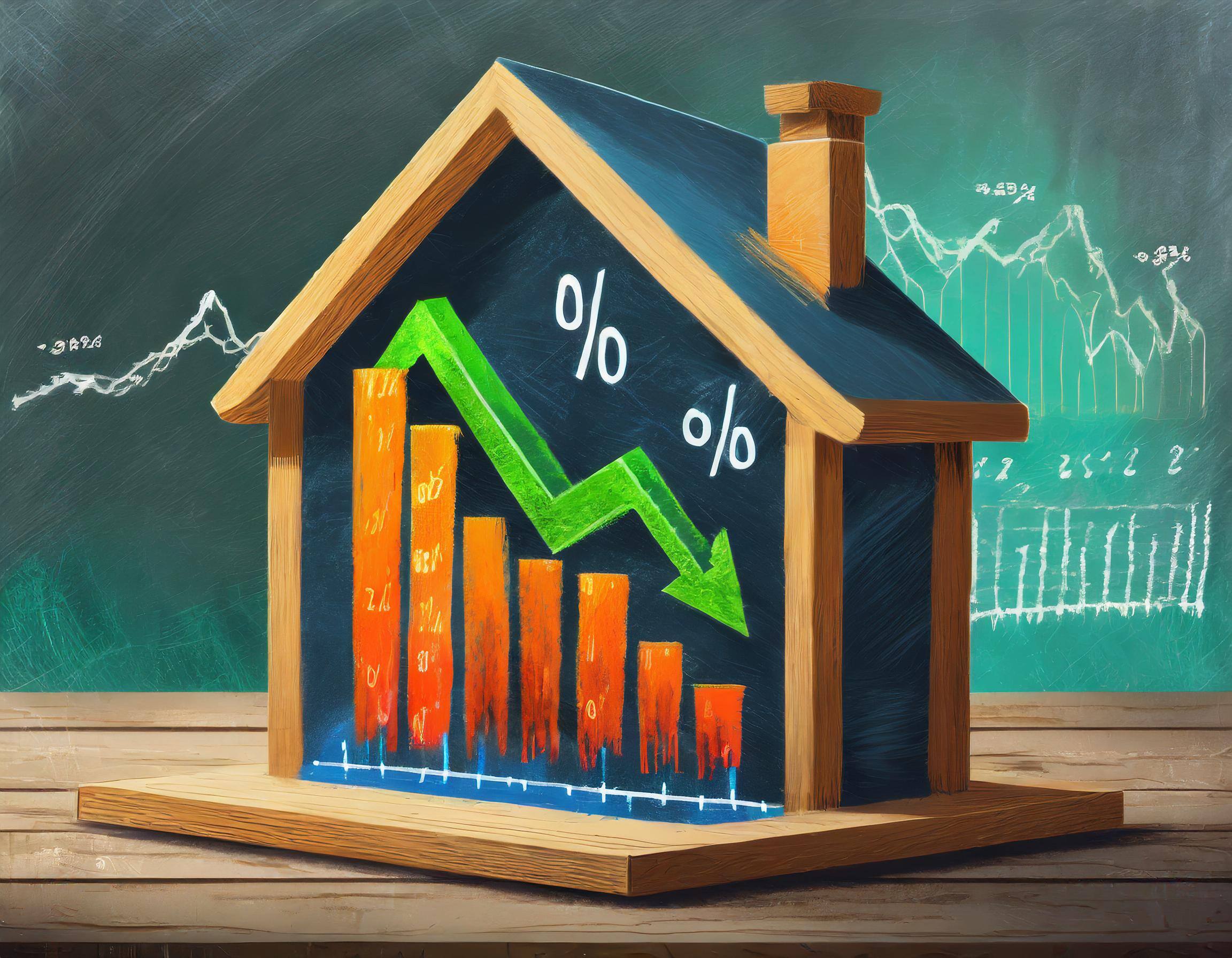Every industry has insider jargon - the terms no one outside the industry understand. Few industries rival the alphabet soup of jargon in real estate and mortgages.
But the mortgage industry wins the prize. And complex jargon makes it hard to understand some critical steps to getting a mortgage. How can you make the best decision when you don’t speak the lingo?
At Point Equity, we don’t think you can. We wrote this article in a non-jargon way, to help you understand an important part of the mortgage process: Closing Costs.
Read our simple, jargon-free guide to understanding “Closing Costs.”
Who Charges Closing Costs?
When you buy a home and get a mortgage, you’ll pay some fees on top of the purchase price of the home. These fees are charged by the different parties involved in the process of:
- Buying and selling the home
- Getting a mortgage
- Items you pay as a homeowner
-
- Those involved in buying and selling the home are the real estate agents. Their fees are their commissions for the services they provide. It’s customary for the seller to pay these at the time that the sale is completed. This is a “non-recurring” cost.
- There are fees associated with getting a mortgage and they’re paid at the time the sale is completed. The exception is the appraisal fee which is due when it’s ordered. These are “non-recurring” costs.
- There are costs for homeowners every day they own their home. Think property taxes, homeowners insurance, HOA dues, and mortgage interest. These are ongoing costs but require a portion be paid at the time the sale is completed. These are referred to as “Recurring Closing Costs” because they continue as long as you own the home.
What Do The Fees Pay For?
You probably knew real estate agents are paid a commission for their services. However, every transaction is unique, so talk this over with your real estate agent as you’re preparing to make an offer on a home.
The fees related to getting a mortgage are standard for all purchase transactions, although some are only charged in certain areas of the U.S.
Loan Related Fees
We’ll break down the loan-related fees by the service provider that’s involved in putting together your mortgage.
Your Lender
Once you apply for a mortgage you receive a Loan Estimate disclosure within three business days that itemizes ALL the costs associated with buying your home, no matter who the fee is paid to. The items charged directly by the mortgage lender are:
Loan Fee - every lender charges a loan fee even if they use a different name for it. Some lenders break the fee into smaller fees, but they add up to the Loan Fee.
If you talk to multiple lenders before applying, you’ll notice their Loan Fees are within $100-200’s of each other. This is because the process of putting together a loan is similar regardless of the lender.
Credit Report + Appraisal - We’re putting this in the Lender fee category but the costs for a credit report and an appraisal don’t necessarily go to the lender. Third-party companies supply these services to the lender on your behalf.
Lenders must legally quote the exact fee charged for these services on the Loan Estimate document. They can’t charge more than the actual cost of the service. And the appraisal fee is the only closing cost paid before the sale is complete.
We listed these fees under Lender Fees because they’re items the lender requires in order to make their loan decision.
Title and Escrow Fees
Several fees on the Loan Estimate are charged by the Title + Escrow company that manages the sale transaction. They’re the ‘middle man’ responsible for making sure the details in the real estate contract and all the lenders’ requirements are met before the sale can close.
Escrow Fees - You must use the services provided by a Title/Escrow company when you buy a home and get a mortgage. These services are required and the mortgage won’t happen without them.
There are fees for title searches and lenders’ title insurance. Lenders title insurance protects the lender, up to the amount of the loan, for anything wrong with the title. That means a lien against the property or a title dispute that may prevent you from owning the home.
You have the choice of getting full title insurance to protect your equity in the home but it’s your choice. The escrow company also ensures property taxes are current, prepares the paperwork to close the transaction for buyer, seller, and lender, and records the deed transferring the home to you.
Each of these items is shown as a fee on the Loan Estimate but aren’t due until the sale closes.
Prepaids: AKA “Recurring” Closing Costs
Some of the fees in the closing costs are related to ongoing required costs for homeowners. The most common are:
Mortgage interest - This is a loan cost that’s recurring because it’s charged every day you have a mortgage. At the time you close the sale, the lender may collect a portion of the interest before closing.
Here’s why: mortgages have equal monthly payments for the life of the loan, due the same day monthly. But interest starts the day the loan is funded. So the interest that’s due for the month the loan closes in is collected before it’s due. In other words, it’s “pre-paid.”
Homeowners Insurance Premium - Lenders require borrowers to prepay the first year of their fire insurance policy at the time of the closing. You’ll shop for your own fire insurance policy and the insurance premium is a recurring cost.
Property Taxes - Depending on what time of year you purchase your home, you might have to pre-pay a portion of the property taxes on the home. If the seller has already paid the property taxes for the time you actually own the home, you’ll reimburse them at the closing. And property taxes are a recurring cost.
HOA Dues - If the home you buy has a homeowner’s association, you’ll pay monthly dues. Homeowner associations charge fees to transfer the ownership to buyers. You pay the transfer fees and monthly dues required by the HOA at closing. The monthly dues are a recurring cost.
Are There Other Fees?
Other fees may come up depending on your individual situation. One of those is called “Points” or “Discount Points”. This is a cost to buy a lower interest rate. But this isn’t something you have to do - only if you choose to buy a lower interest rate.
You might have to pay a monthly mortgage insurance premium if you’re making less than a 20% downpayment. Mortgage insurance is a recurring cost.
We know the language used to refer to all these closing costs is confusing. We hope breaking down where the fees come from and why they’re charged will help you make the best decision for your mortgage.








